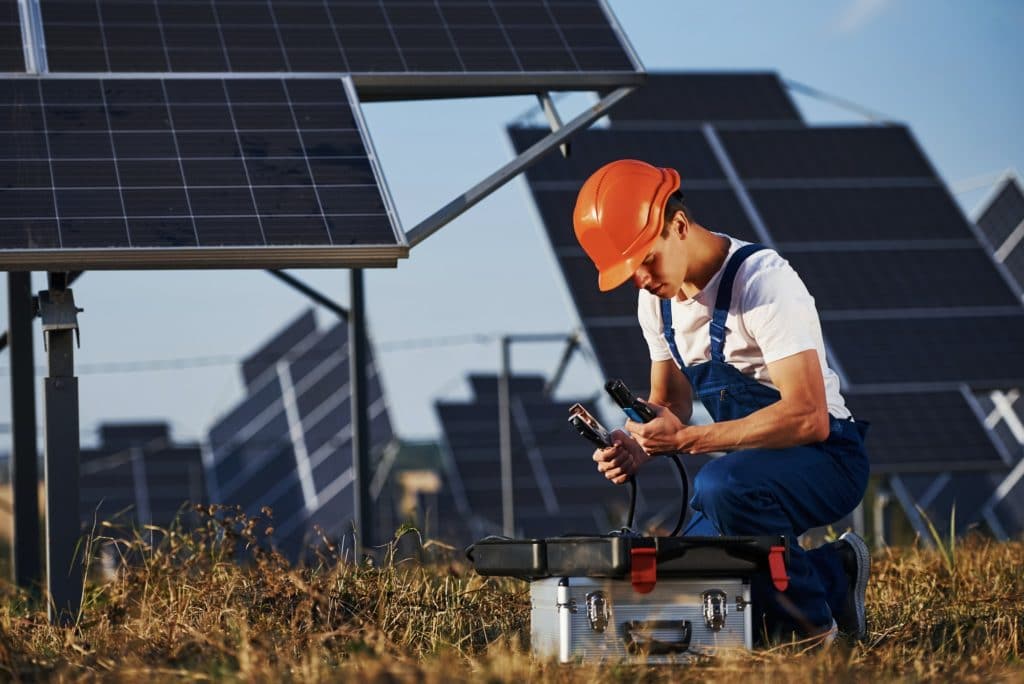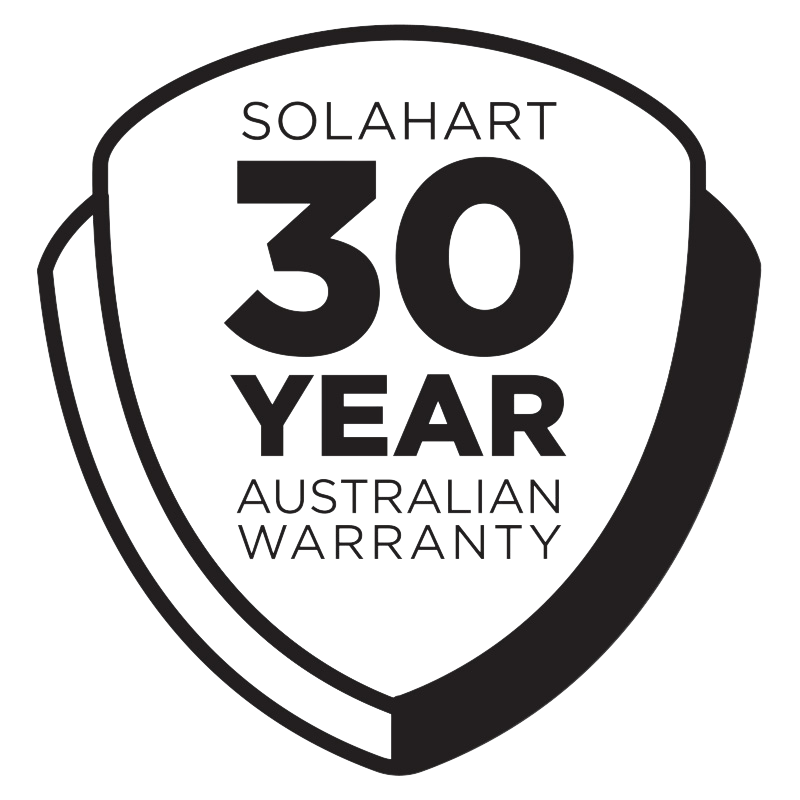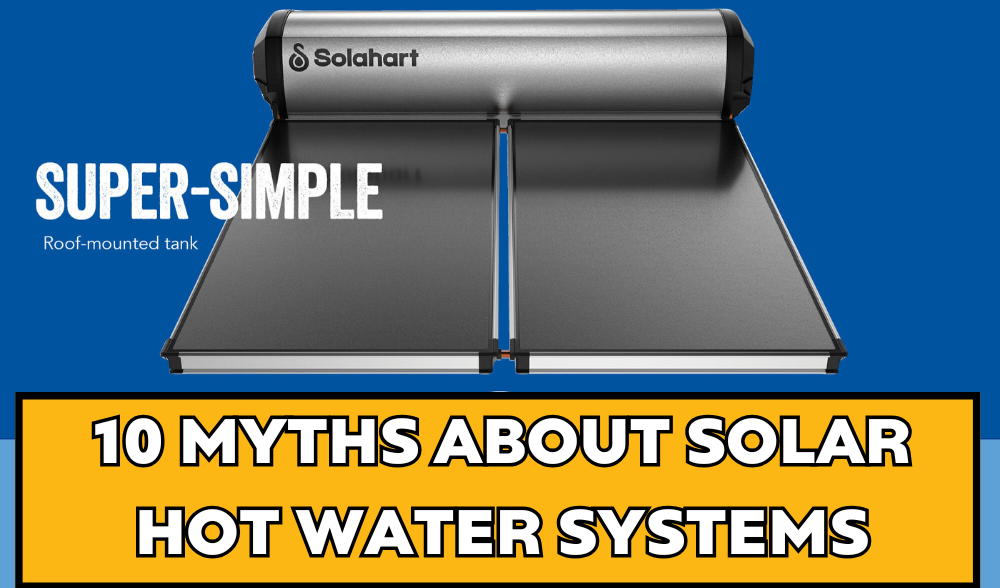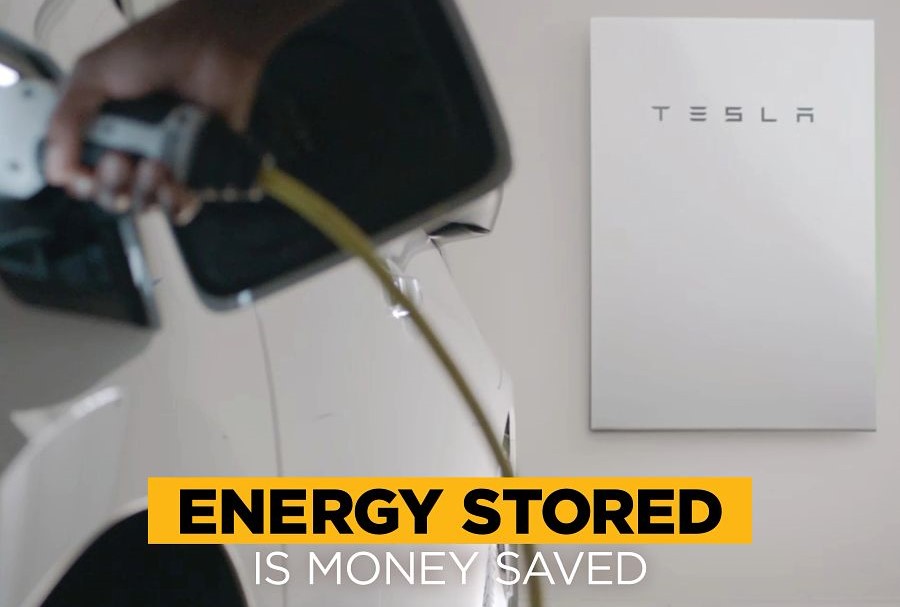When it comes to solar batteries, there is a lot of information out there. It can be hard to know where to start and what you need to know. In this article, we will provide you with a complete guide to solar batteries! We will discuss everything from types of solar batteries to installation and maintenance. By the end of this article, you will have all the knowledge you need to make an informed decision about whether a solar battery is right for your home!
What is a solar battery and how does it work?
Solar batteries are a type of renewable energy storage system that converts solar energy into electrical energy. Solar batteries work by using photovoltaic cells to convert sunlight into direct current (DC) electricity. This DC electricity is then stored in a battery bank, which can be used to power electrical devices or to recharge other types of batteries.
Solar batteries can help you reduce your carbon footprint while also saving you money in the long run.
Solar batteries are an important part of any solar power system, as they provide a way to store solar energy for use during periods of low sunshine or at night. Solar batteries are also becoming increasingly popular as a way to store renewable energy for use during power outages or emergencies.
Types of solar batteries
Solar batteries come in a variety of types, each with its own advantages and disadvantages. The four most common types of battery systems that work with residential solar panels are:
- Flow batteries
- Lead-acid batteries
- Lithium-ion batteries
- Nickel-based batteries
Flow batteries
Flow batteries are a type of rechargeable battery that stores energy in an electrolyte solution. The electrolyte is circulated between two reservoirs, and when the battery is discharged, the electrolyte flows through a cell containing positive and negative electrodes. This creates an electrochemical reaction that produces electricity.
Flow batteries are often used in solar panel systems because they can be charged and discharged very quickly, making them ideal for storing energy from intermittent sources like solar panels. Flow batteries are also very scalable, so they can be easily sized to meet the needs of any solar panel system.
Lead-acid batteries
A lead-acid battery is a rechargeable battery that uses lead and lead dioxide plates submerged in an electrolyte solution of sulfuric acid to produce electrical energy. Lead-acid batteries are commonly used in solar panel systems to provide a backup power source during power outages or when the sun is not shining.
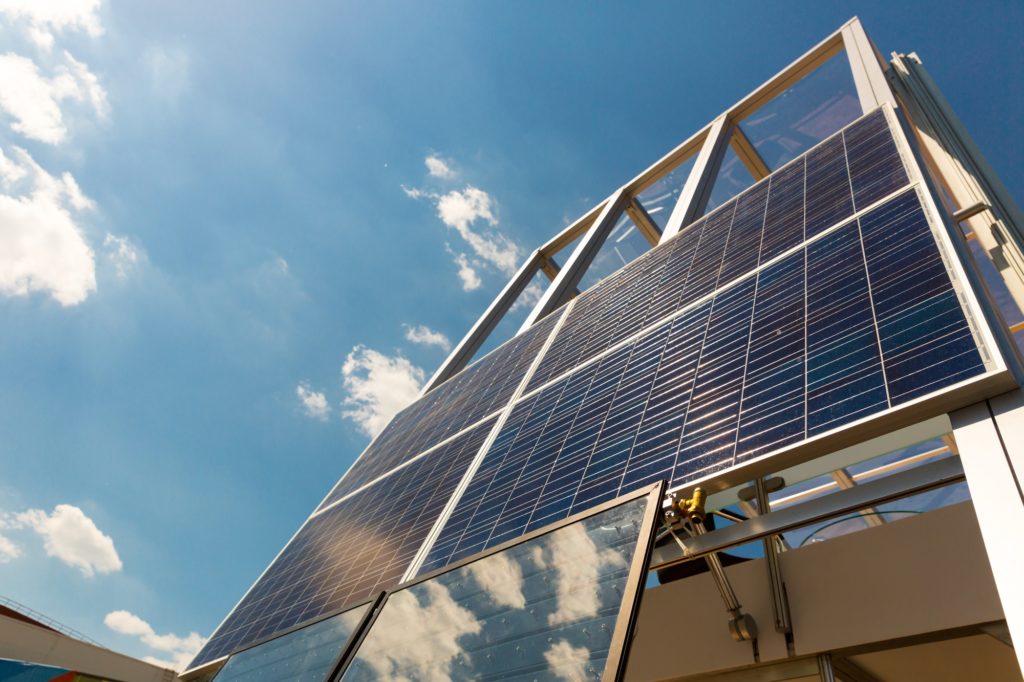
When lead-acid batteries are used in solar panel systems, they must be regularly maintained and monitored to ensure that they are working properly.
Lithium-ion batteries
Lithium-ion batteries are a type of rechargeable battery that has become increasingly popular in recent years due to their high energy density and low self-discharge rate. While traditional lead-acid batteries are still commonly used for powering automotive vehicles, lithium-ion batteries are now the preferred choice for solar panel systems. There are several advantages of using lithium-ion batteries for solar panel systems, including their higher energy density, lower self-discharge rate, and wider operating temperature range.
Lithium-ion batteries also have a much longer lifespan than lead-acid batteries, making them a more cost-effective option in the long run.
Nickel-based batteries
A Nickel-Based Battery also called a NiCd battery, is a type of rechargeable battery that uses nickel oxide hydroxide and metal cadmium as electrodes. NiCd batteries are generally used in applications where a long run time is required, such as in cordless power tools and two-way radios.
They are also used in some electric vehicles and as backup power sources for solar panels and wind turbines. One advantage of NiCd batteries is that they can be discharged and recharged many times without significant deterioration. Additionally, they are not sensitive to temperature changes and can be used in both hot and cold climates.
What is the best solar battery for your home?
There’s no one-size-fits-all answer to this question, as the best solar battery for your home will ultimately depend on your specific needs and budget. However, there are a few things to keep in mind when choosing a solar battery for your home.
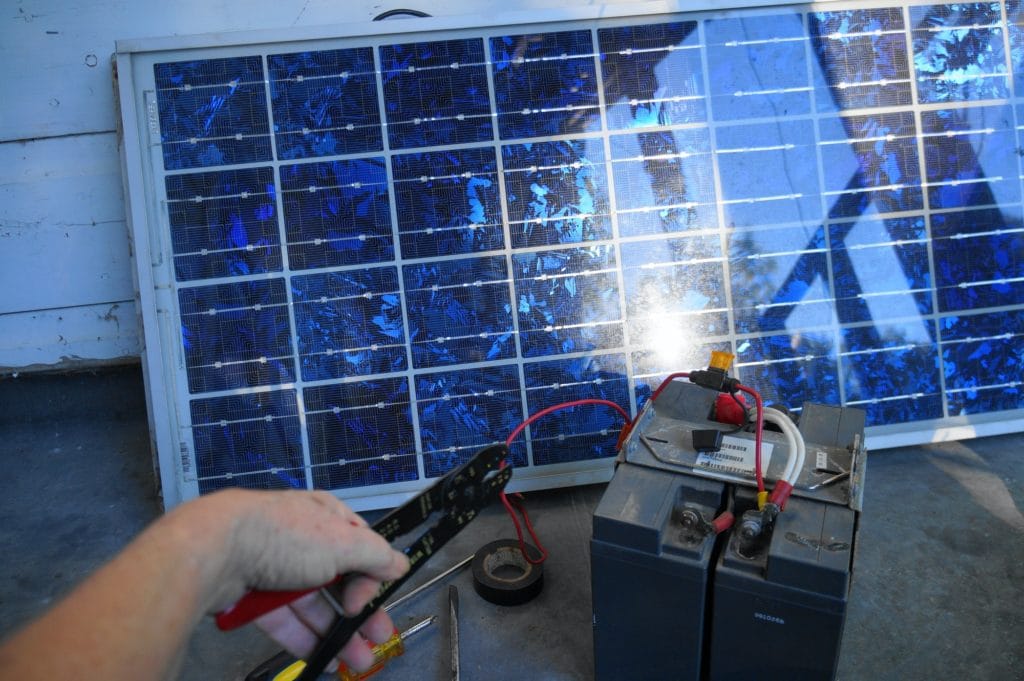
One important consideration is the type of battery you need. As mentioned above, there are four main types of solar batteries: lead-acid, lithium-ion, nickel-based, and flow batteries. Each type of battery has its own advantages and disadvantages, so it’s important to choose the one that best meets your needs.
Another consideration is the size of the battery. Solar batteries come in a variety of sizes, from small 12-volt batteries to large industrial batteries. The size of the battery you need will depend on the amount of energy you want to store and the type of solar panel system you have.
Finally, you’ll also want to consider the cost of the battery. Solar batteries can range in price from a few hundred dollars to several thousand dollars.
Pros and cons of solar batteries.
Solar batteries have a number of advantages that make them an attractive option for powering your home. Some of the advantages include:
- They provide a backup power source during power outages or when the sun is not shining
- They are environmentally friendly and have a low impact on the environment
- They can be used to store excess energy generated by your solar panels, making your home more energy-efficient
- It can help you save money on your energy bills by storing energy during periods of low demand and using it during periods of high demand
Solar batteries also have a few drawbacks, such as:
- They can be expensive.
- It requires regular maintenance and monitoring.
- Adds complexity to your solar panel system
As you weigh the pros and cons of solar batteries, it’s important to consider your specific needs and circumstances to decide if they are right for you.
Final Thoughts
If you’re still on the fence about solar batteries, we hope this guide has helped you make a more informed decision. Solar batteries are an important piece of renewable energy technology and can help you reduce your carbon footprint while also saving you money in the long run. Thanks for following along!

